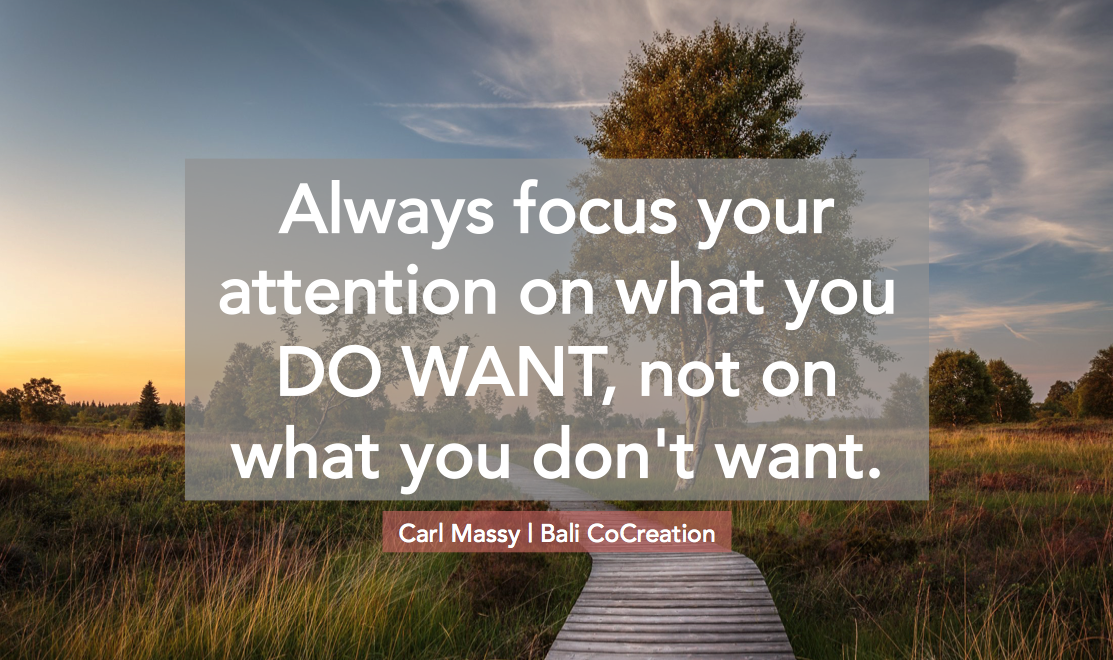
Over the last bunch of weeks, I have been building a picture.
The picture is of this person – YOU – who is most aptly equipped to deal with life’s inevitable challenges.
And challenges which have definitely ramped up over the last few years.
Regardless of your beliefs on the root causes, and who or what is to blame (or not), the ultimate outcome is uncertainty, disruption and a sense of instability.
Planning for the ‘future’ feels a little bit like stepping into a casino.
A bit of a game of chance.
There is uncertainty about financial systems, new rules and regulations for general living, supply chain shortages, rules and restrictions for travel based on health or religious beliefs, energy issues, technological innovations (which may or may not be positive depending on your point of view), changes to future working environment, plus political instability and general distrust in governments and government regulating agencies.
Pretty crazy times.
One option might be to put your head in the sand, and ‘hope’ things become more stable and predictable in the future.
OR…
Another option is to BECOME the type of person – physically, mentally, emotionally and spiritually – who can effectively navigate their way through uncertain and disruptive times, with a spring in their step and a smile on their face.
Myself. I prefer OPTION 2.
So let’s see what that might look like.
Handling Uncertain Times #1: Cultivating Stability
Emotional or psychological stability is one of the most essential elements for handling life’s challenges, plus making effective decisions.
Without this inner stability, you are more likely to be reactive, impulsive, short-sighted, and second-guessing your decisions.
And this inner stability does not happen by chance. Bugger!
To create a stable mind and emotional state, there are some great practices, which are best done BEFORE you step into a disruptive environment.
They are the practices that maintain the effectiveness of your autonomic nervous system, your brain, your gut health (plus gut-brain communication) and other essential systems in your body.
Some of them include (not surprisingly):
- Meditation.
- Physical activity.
- Nutrient dense eating.
- Reduction (or removal) of processed foods (especially sugar-rich options).
- Spending time in nature (this is calming for our nervous system, plus up-regulates our microbiome and improves gut health).
- Quality sleep.
- Breathwork (e.g. Wim Hof or yogic pranayama practices).
- Yoga, Tai Chi, Qigong, and martial arts.
- Working with a good quality therapist or coach.
- Spending extended periods of time ‘tech-free’.
- Walking barefoot on the earth.
A lot of these practices I have spoken of in the past.
But I am reiterating the ESSENTIAL IMPORTANCE of doing specific practices to create stability of body, mind and spirit.
This is the foundation you create from.
So if you don’t get this bit right, life gets a whole lot more WOBBLY.
And if you don’t know how to get started do get help.
Handling Uncertain Times #2: Find The Right People
To borrow a line from Tony Robbins: “The quality of your life is directly proportional to the quality of the relationships in your life.“
The people in your life, not only add to the quality of your experience, but the ‘wrong’ people in your life can make it a LOT harder to navigate in uncertain times.
Bad advice – be that nay-saying, inaccurate or wrong information, or coercive – can create a major hurdle or set-back in life.
When things are fine in your life and the world is stable, bad advice is nothing but a speed bump.
Bad advice, in uncertain times, is more like a landslide.
When it comes to finding your people, it is not just the people who are the same as you and agree with you.
There is a certain magic to a relationship where you can have differing points of view but still have empathy, kindness, care and support.
An acknowledgement that no two life experiences – even identical twins – are ever the same.
We all have different inner maps of the world, and the reality of how we perceive it.
I recommend including into your life more people who are kind, caring, open-minded, empathetic, compassionate, courageous, stable, and self-aware.
And remove, distance, or block those people in your life who don’t tick those boxes.
This might sound harsh, but I also believe it is an act of self-love.
Handling Uncertain Times #3: Manage Your Expectations
The wider the gap between your expectations and ‘reality’, the more tension or resistance you will experience in life.
Like Byron Katie says: “When I argue with reality I lose, but only 100% of the time.“
Is is great to be OPTIMISTIC.
But I think it is even better to be a REALISTIC OPTIMIST (in turbulent times).
This does not mean we have be be dream-killers.
It is acknowledging there are things we may not be able to control, so as much as we ‘wish’ something would be a certain way, we cannot control it.
One of the most common things I find with my coaching clients is them being pissed off / angry / annoyed because of what another person has said or done to them.
But here is the thing.
The person who pissed them off acted in a way that was 100% CONSISTENT with their character and past experiences.
To expect someone to be (and act) different to their character, nature and motivations, is 100% fighting against ‘reality’.
Rarely you might be surprised, but it is the exception, not the norm.
The ‘someone’ that pisses you off could also be an institution, organization, governing body, regulating agency, business, or even system.
Don’t expect someone or something to act counter to their nature or history.
Understand their nature – as best you can – and then manage your expectations and choices based on that.
Handling Uncertain Times: BONUS Ideas
Here are a few other ideas I will randomly add to the list:
- Don’t watch the mainstream ‘news’ (you are unlikely to miss out on much – apart from some stress hormones)
- Get advice from someone who has actually ‘done it’ as opposed to read about it or seen it on YouTube.
- Trust your gut instincts.
- Look beyond someone’s words to their intention and character behind the scenes.
- Greatly reduce time spent on social media (the pros of social media are often much lower than the cons).
- Don’t be in a rush (take your time to get a broad perspective, stay curious and get creative).
- Focus your attention and intention on what you DO WANT, not what you don’t want (easier said than done and why stability helps).
- Be flexible. Pay attention to feedback. Change directions if needed. Rigidity in uncertain times is not helpful.
The key points (and summary)
In uncertain times, we need to show up differently. We need to up our game.
If we show up, how we have always shown up, we are less likely to get the results we desire.
Creating stability – physically, mentally, emotionally and spiritually – requires effort and specific practices.
Choosing who to hang out with makes a big difference, especially when the going gets tough.
Don’t expect people (or institutions) to be different from their nature or past performances.
Focus your attention on what you DO WANT, not on what you don’t want.
My parting words
I call the person or character who takes uncertainty in their stride a natural SUPERHUMAN.
If you want to go much deeper on this philosophy and practice, do check out my 5-Week online program Become a Natural Superhuman.
(And if you want a 50% discount + 1 extra ticket + 25% to charity, use the Coupon Code: STABILITY)
My greatest desire and passion is to help people fully express their potential, in an intentional way, to make the world a more awesome place.
If I can help in any way, don’t hesitate to let me know.
Breathe stability into your body and day, and have a great-friend-rich-week.
Take care,
Carl

